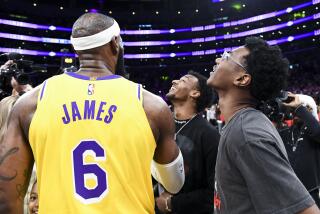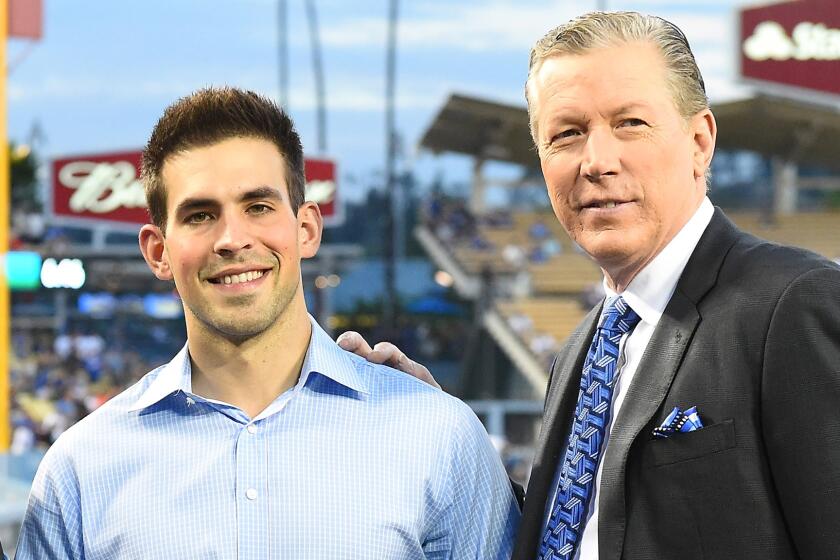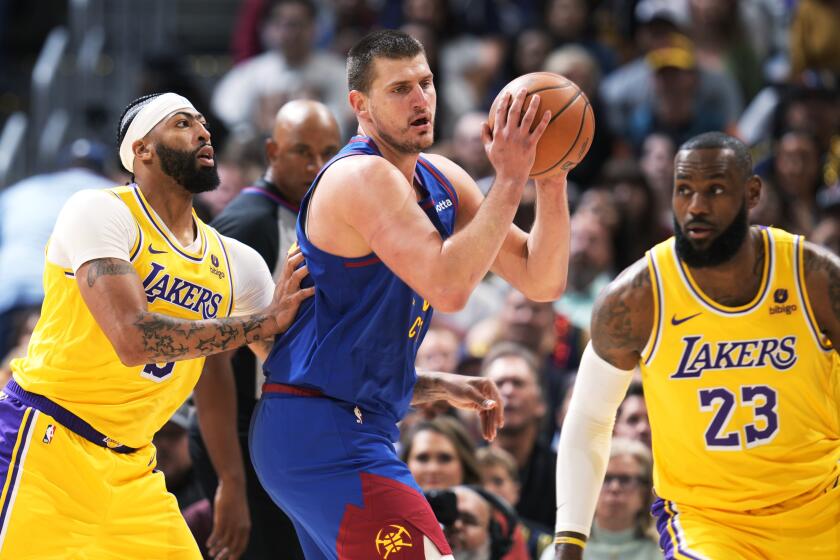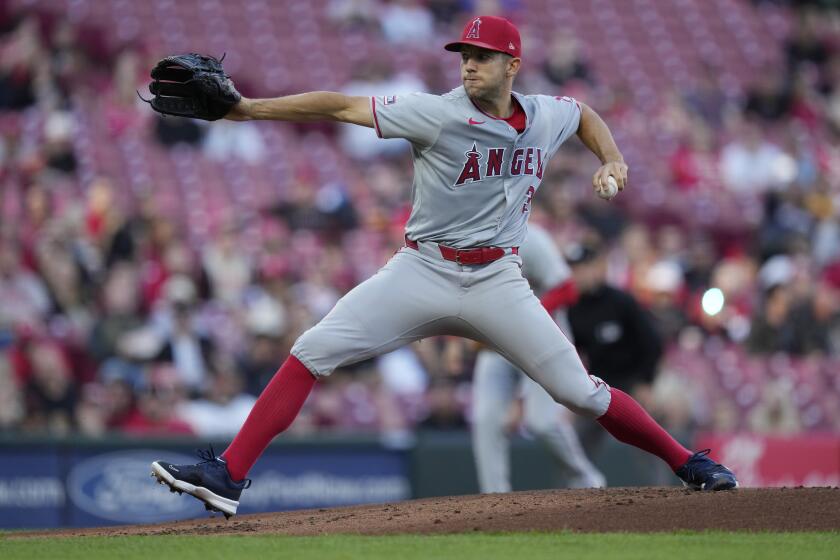Hall of Fame manager of Baltimore Orioles
Irascible, chain-smoking, umpire-baiting longtime Baltimore Orioles manager Earl Weaver penned his own epitaph.
“On my tombstone just write, ‘The sorest loser that ever lived,’ ” he once said.
Weaver, 82, a member of baseball’s Hall of Fame and the winningest manager in the franchise’s history, died late Friday while on a baseball-themed cruise, said Monica Barlow, a team spokeswoman.
The cause apparently was a heart attack, the team said on its website.
Weaver, who piloted the Orioles from 1968 to 1982 and 1985-86, led the team to the 1970 World Series championship, four American League pennants and six American League East Division titles.
His teams won 1,480 games and lost 1,060, and his winning percentage (.583) ranks ninth all-time and fifth among managers in the modern era who managed 10 years or more.
Five times, Baltimore won at least 100 games for Weaver, who was 5 feet 7 but stood mythically tall to his players.
“Having Earl gives us a four-game lead on everybody,” pitcher Sammy Stewart once said.
The Orioles failed to post a winning record under Weaver only once, in 1986. His career was defined by an affinity for the three-run home run and a long-running, public feud with superstar pitcher Jim Palmer that both men jokingly played to whenever they were together.
Nicknamed “the Earl of Baltimore,” Weaver was always a fan favorite. He repeatedly returned to Baltimore to take part in a series of statue unveilings at Oriole Park, including one dedicated to him in June.
Considered one of the game’s great strategists, he was inducted into the Hall of Fame in 1996.
“Earl Weaver stands alone as the greatest manager in the history of the Orioles organization and one of the greatest in the history of baseball,” Orioles managing partner Peter Angelos said Saturday in a statement.
As a manager, Weaver could be testy, but his closest friends also knew him to be sensitive and caring, though he seldom showed that side in public.
Weaver stood up for a couple of young players who would turn out to be among the greatest in the game.
He pressed to keep first baseman and future Hall of Famer Eddie Murray in the major leagues in 1977 and is credited with bucking convention to switch supposedly oversized Cal Ripken Jr. from third base to shortstop at the end of 1981. While playing for Weaver, Ripken began his record-breaking streak of playing in 2,632 consecutive games.
“His passion for the game and the fire with which he managed will always be remembered by baseball fans everywhere,” Ripken said Saturday in a statement.
According to the Hall of Fame, Weaver pioneered the use of radar guns in professional baseball to track the speed of pitches, introducing the concept at spring training in 1975.
In some ways, he was a comic character. But Weaver had a hard edge that could rankle a player as easily as an umpire.
Weaver got under the skin of Bobby Grich in the early 1970s, yelling “home run or [go back to Triple-A] Rochester!” at the young second baseman as he went up to bat. Grich came back to the dugout and -- after a loud verbal exchange -- threw Weaver down steps that led to the clubhouse.
To Weaver’s credit, Grich remained in the starting lineup for the next five seasons and established himself as one of the top power-hitting second basemen of his generation.
“You could go toe-to-toe, face-to-face and cheek-to-cheek with him,” former Oriole outfielder Don Buford said, “and, no matter what, the next day it was forgotten. That was outstanding.”
Born Aug. 14, 1930, in St. Louis, Weaver was an undersized but talented teenager who played second base in high school.
After eight years in the minor leagues, Weaver realized he would never reach the majors and turned to managing, according to the 2002 book he co-wrote, “Weaver on Strategy.”
He spent about half of his 20 years in the minors as a manager “who was just happy to be in baseball,” Weaver said in his Hall of Fame induction speech.
Soon after joining the Orioles as a first-base coach in 1968, he became manager.
His famous feud with Palmer dated to the 1970s, when they would exchange barbs on the mound and in print. They clearly grated on each other but there also was a grudging mutual respect between two dynamic personalities who were integral to the Orioles’ winning chemistry.
“Did he make my life difficult ... yes,” Palmer said. “Did I make his life difficult sometimes ... of course ... and sometimes you did it for entertainment value.”
They occasionally sparred good-naturedly on the banquet circuit after both left the field, but carried on a largely cordial relationship until the feud bubbled up during an ugly incident at a 2000 banquet.
Several former Orioles stars were on hand to roast Weaver, but Palmer’s allusions to the diminutive former manager’s size and drinking habits struck a nerve.
When Weaver got his chance to fire back, he ripped into Palmer, calling him an idiot and an egotist who often had little stomach for pitching with discomfort. The nasty scene ended with Weaver being led away by former Orioles first baseman Lee May and Orioles coach Elrod Hendricks.
It was in keeping with Weaver’s quick temper, which got him ejected from major league games 98 times.
His animated disagreements with umpires often ended with a red-faced Weaver hurling away his hat or kicking dirt on the ump’s shoes.
“Earl was Earl,” Palmer said, “but once you were an Oriole, you played because winning was a lot of fun and Earl was all about winning.”
Weaver had three children from his first marriage, which ended in divorce. Survivors include his second wife, Marianna, whom he married in 1964.
Times staff writer Valerie J. Nelson and Baltimore Sun staff writer Jacques Kelly contributed to this report.
--
More to Read
Get our high school sports newsletter
Prep Rally is devoted to the SoCal high school sports experience, bringing you scores, stories and a behind-the-scenes look at what makes prep sports so popular.
You may occasionally receive promotional content from the Los Angeles Times.






